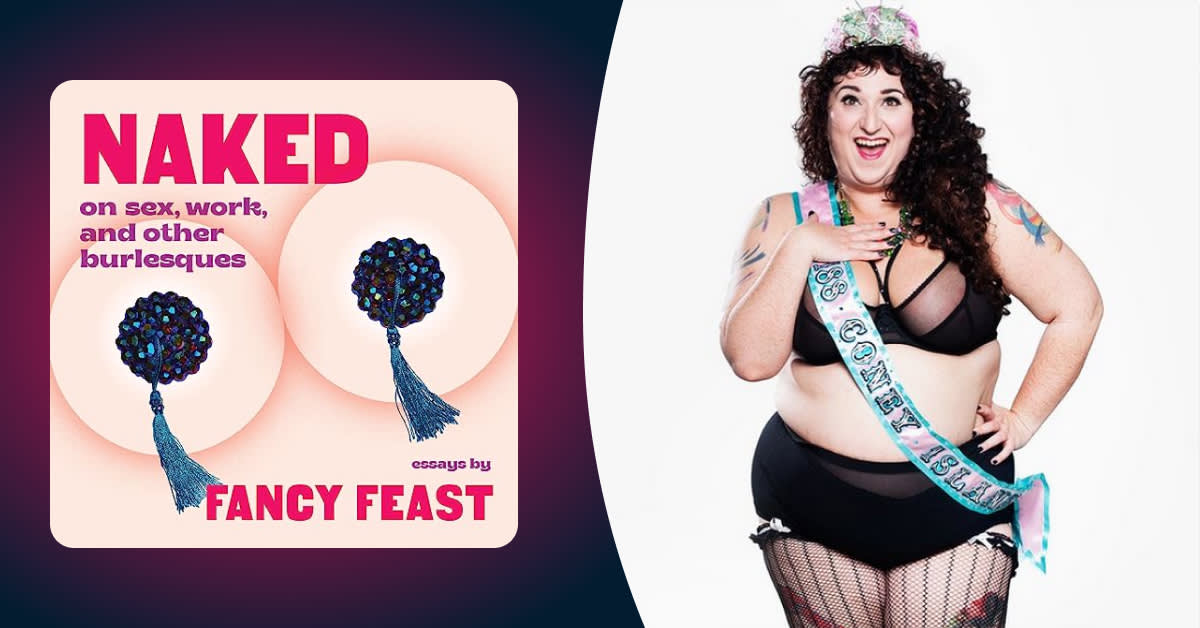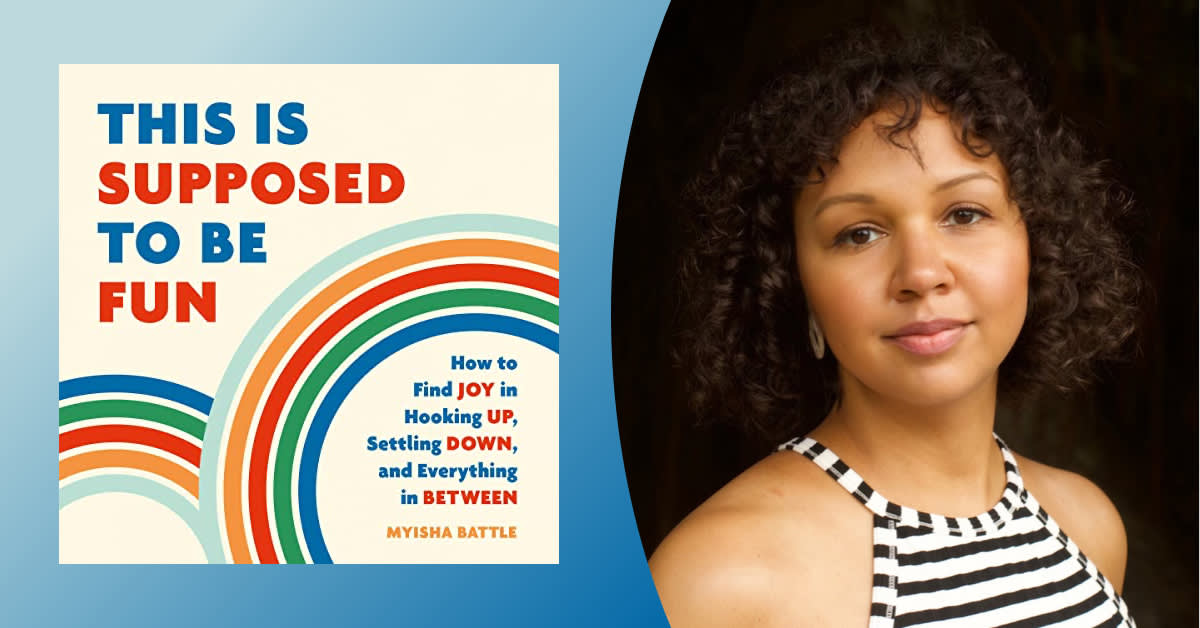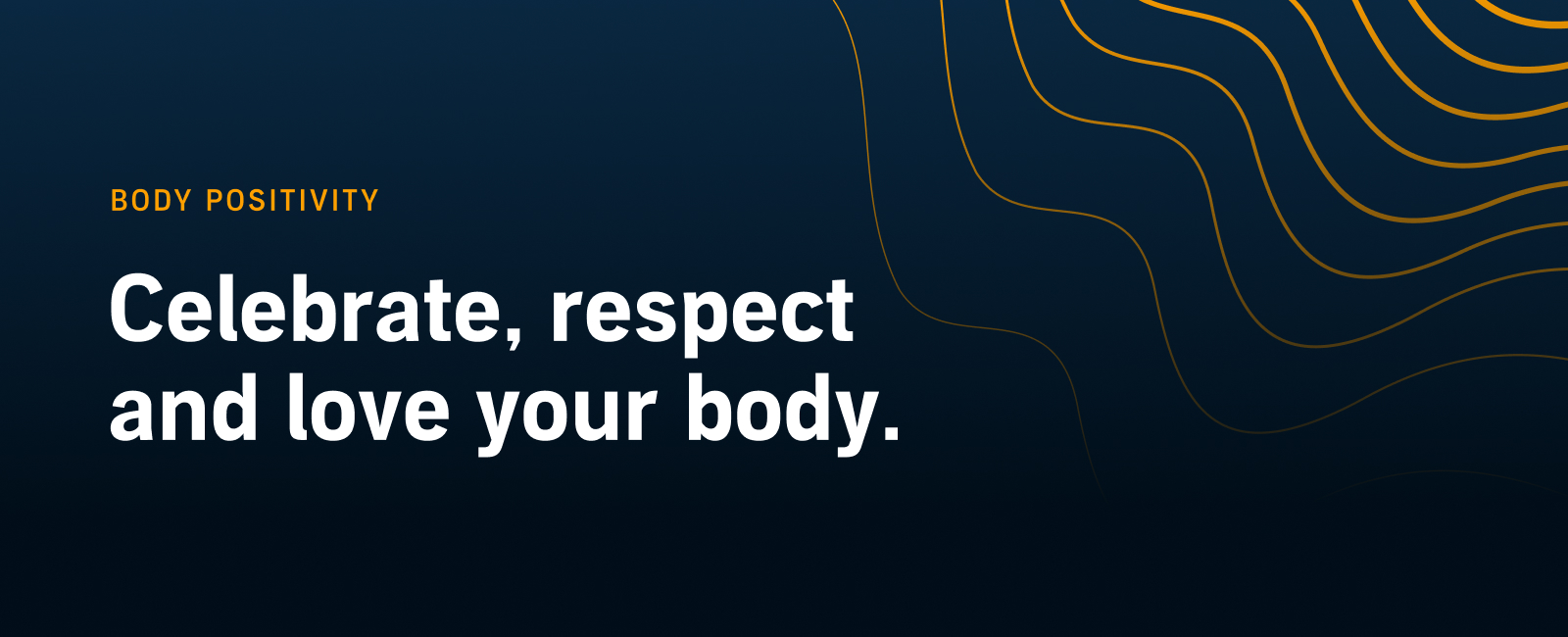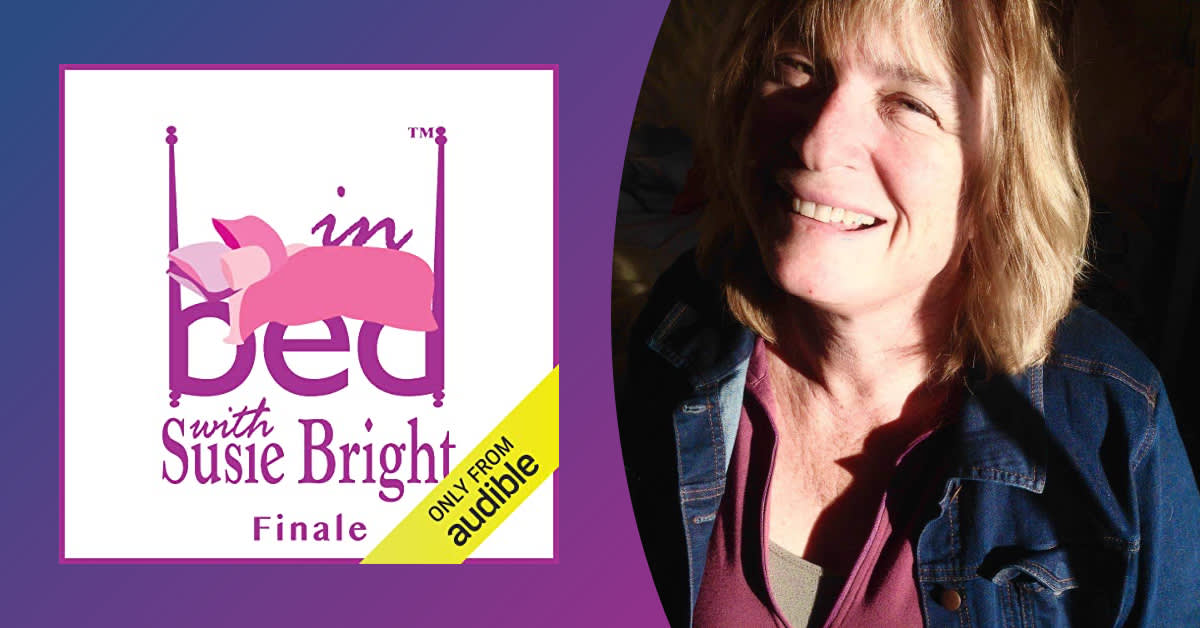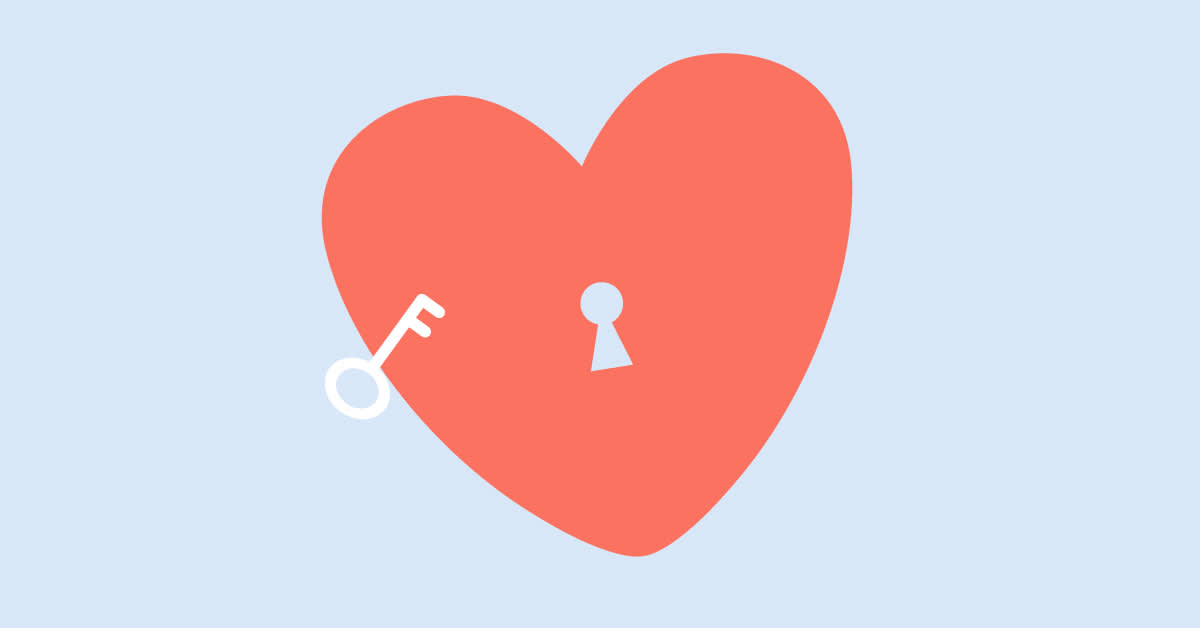Erotic performer, health educator, and author Fancy Feast shares the cultural insights she’s learned as a sex worker in her collection of essays in Naked. In this Q&A, we asked her about her experience as a burlesque dancer, what her take is on body neutrality, and what she hopes listeners will take away from her anthology. Plus—hear which podcast Fancy Feast likes to listen to while “rhinestoning pasties.”
Rachael Xerri: How has your experience as a burlesque dancer influenced your sex education work and vice versa?
Fancy Feast: I got booked for my first-ever burlesque gig because of a tip from one of my sex shop coworkers. I produced a show at the shop after hours, where all of my fellow sex educators created burlesque and cabaret numbers. One of my acts, which I call 50 Shades Oy Vey, or Chanukah Erotica, is based on the soul-deadening experience of selling sex toys during the Fifty Shades of Grey craze. And nowadays, when I'm hosting a show and a performer needs more time to tie their corset or set up their trapeze, I take sex questions from the audience and answer them in a similar way to how I used to teach in my workshops.
These two parts of my life have been deeply symbiotic and stem from the same set of values—the importance of demystifying sex and bodies, and reducing shame through exposure, information, and empathy.
The conversation around body positivity is always evolving. Most recently, body neutrality has entered the spotlight as a call to take the emotions out of our relationships to our own bodies and how we talk about bodies. What’s your take?
I don't think the intention of body neutrality is to remove emotion from our relationships to our bodies. Rather, it shifts the point of homeostasis from a place of joy (joy being fleeting) or hatred (hatred being depleting and destructive) to something more sustainable—a place of ongoing curiosity and acceptance. All of this, of course, is with the understanding that we will have strong feelings that arise about the bodies we inhabit and that those feelings will remain in flux over the course of our lives. My hope is that we can also understand the social construction of how we feel about our bodies and fit that into our model. How could we expect everyone to have an easy path to neutrality when some people are in more pain, or their needs are not met by our existing infrastructure, or they face violence because of their bodies?
I think we are still inclined to speak over other people when they talk about their experiences of how they move through the world rather than adopting neutrality in our listening skills as well, and I would love to see that change.
What are some strongly held societal beliefs that you believe need challenging? What part do you hope Naked will play in changing minds?
Where to begin? I think our society is actively hostile to people who do erotic labor, and digital censorship is only making that divide greater. Sex workers are suffering, and there's an inherent belief that it's because of the nature of the work itself rather than a deliberate function of the conditions that capitalism and patriarchy have created and reinforced. While sex workers bear the brunt of these conditions, they do us all a disservice, because within most people is an erotic self, a part which they disavow and don’t fully explore or experience. Sex negativity reduces us all. So does our relationship to labor and our reliance on labor for the means of survival. I'd be happy to throw that all away.
Our society thinks of fat people as lazy, out-of-control slobs, people to be punished or pitied, or people who serve to do the grunt work in someone else's story. There is so little imagination for us out there—not because fat people don't dream, don't create, or don't live wild and expansive lives. But we are not supported or encouraged by society to do so, are policed and shamed when we do, and we are harmed and thwarted by infrastructure in a way that impacts our ability to survive and thrive.
I don't believe that I am persuasive enough to change all this, but that would be cute. I do hope my book will shake loose some assumptions people have around these topics, and let a little light in.
Do you have a favorite listen of 2023 so far?
My favorite self-soothing activity is rhinestoning pasties while listening to a podcast, and this year my top choice has been the fashion and society podcast, Articles of Interest. They did an excellent series on the history of American Ivy and preppy fashion, as well as an amazing episode on the Black Fashion Museum in Washington, DC. It's endlessly inhalable to me as someone who is particularly interested in what a subculture reveals about society at large.
